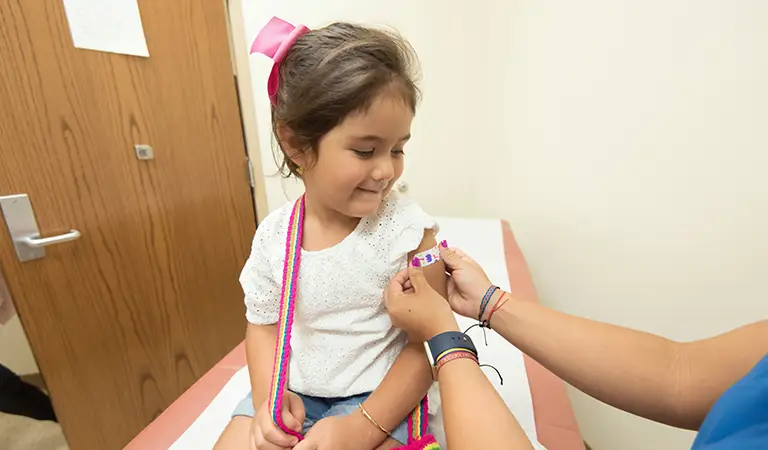FAQ's
What is diabetes?
The term diabetes refers to several chronic illnesses that cause your blood sugar levels to increase. Glucose, or blood sugar is an essential component in your body. It powers your muscles and provides fuel for the cells in your brain. However, too much blood sugar increases your risk of potentially life-threatening complications. With early diagnosis and regular visits with your doctor, it’s possible to prevent diabetes from causing irreversible damage.
What are the different types of diabetes?
Dominion Health Family Wellness Center treats many of these types and when necessary, we can get you referred to a Diabetes specialist.
Prediabetes
Prediabetes is a precursor to Type 2 diabetes. It occurs when your blood sugar levels are regularly high but within a manageable range. When detected early, you can reverse prediabetes through healthy lifestyle changes like diet and exercise.
Type 1 diabetes
Type 1 diabetes causes your immune system to attack the insulin-producing cells in your pancreas. Insulin is a critical hormone that assists your body in regulating blood glucose. Type 1 diabetes is hereditary and usually runs in families. It occurs in about 10% of diabetic patients and requires treatment with insulin therapy.
Type 2 diabetes
Type 2 diabetes causes insulin resistance. This means your pancreas still produces insulin, but not enough to keep your blood sugar at healthy levels. Over time, Type 2 diabetes causes glucose to build-up in your blood. Healthy lifestyle changes and prescription medications can help relieve symptoms.
How is diabetes diagnosed?
Your primary care physician will perform a physical exam, asking about your lifestyle, and reviewing your medical history. The symptoms of Type 1 diabetes can come on suddenly, so it is important to be seen by your doctor in a timely manner.
Your physician will order a glycated hemoglobin (A1C) test. An A1C test measures your average blood sugar levels over the last three months. Any reading of 6.5% or higher on two or more tests indicates that you have diabetes.
If your A1C results aren’t consistent, or the diagnosis remains uncertain, your provider might recommend additional screenings, including a random or fasting blood sugar test.
How is diabetes treated?
Treatment of diabetes depends on the type you have and its severity. DHFWC always recommends healthy lifestyle changes, including losing weight, eating a balanced diet, and exercising regularly along with assessing if medication is indicated.
If you have Type 1 diabetes, you will need insulin therapy. There are various types of insulin available, including rapid-acting, long-acting, and intermediate options. Your primary care physician can make recommendations that align with your needs.
If you have Type 2 diabetes, you may or may not need insulin. Healthy lifestyle changes and regular blood sugar monitoring may be enough to keep your levels in check.







